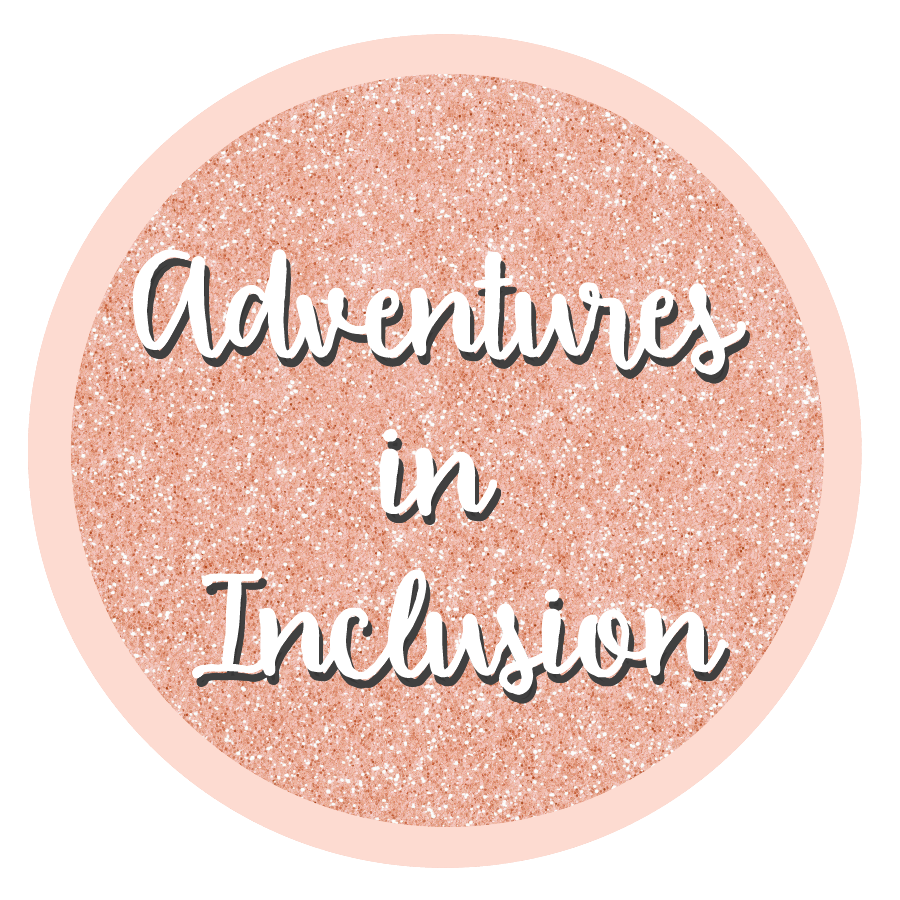
Repair a Strained Co-Teaching Relationship
Co-Teaching has proven to be a great tool for reaching all students. It allows students with disabilities to be taught in the general education classroom giving them opportunities for social interactions with their typical peers. It also allows for students without disabilities who may be struggling to receive the support of having two teachers in the room. These are only two of the many benefits of the inclusion model.
But, for the co-teaching model to work in your classroom, the teachers need to be able to work well together. Good co-teaching requires multiple teachers to be on the same page; for them to co-plan, co-assess, and co-teach.
When two co-teachers don’t work well together, there is not always another option. Sometimes the only option is to find a way to make it work.
Communicate
Sometimes you have to have an awkward conversation. Sit down with your co-teacher and voice what is bothering you. Let them know how you are feeling and what you think you need to do to make the relationship better. Opening this line of communication will hopefully allow them to also feel comfortable voicing their concerns.
Make sure that you are also being a good listener. If either of the teachers goes into this conversation stubborn or not willing to hear the other person, then this won’t work.
Realizing that you are both in this to do what’s best for the kids will hopefully help you each see that the other person may have a point.
Don’t Be Afraid to Ask for Help
I am not telling you to go “tattle” on your co-teacher for what they’re doing that you don’t like. That most likely won’t make anything better.
But, seeking help from someone more experienced and getting an unbias opinion may help you see things from another perspective.
The problem could be that you and your co-teacher received different training. You may both be doing what you think is best, but you were taught differently what that looks like. Having an unbias third-party work with you can allow for a mediator. Maybe a superior (a principal or another leader in co-teaching) can explain to both of you what your specific school/district expects of co-teaching.
Also, Check-Out:
Finding Your Role as a Co-Teacher
Classroom Management Tips for Middle School
FREE co-teaching checklist

Subscribe to receive a free co-teaching checklist!






